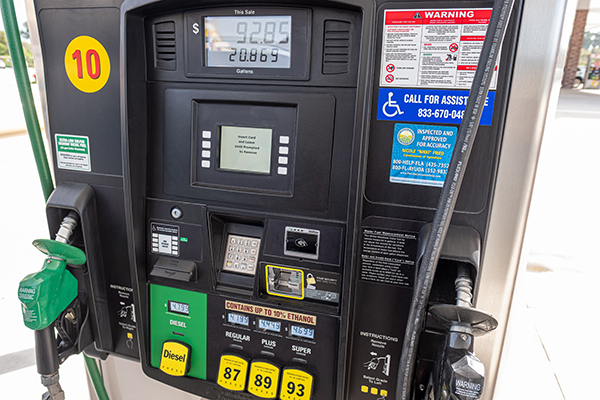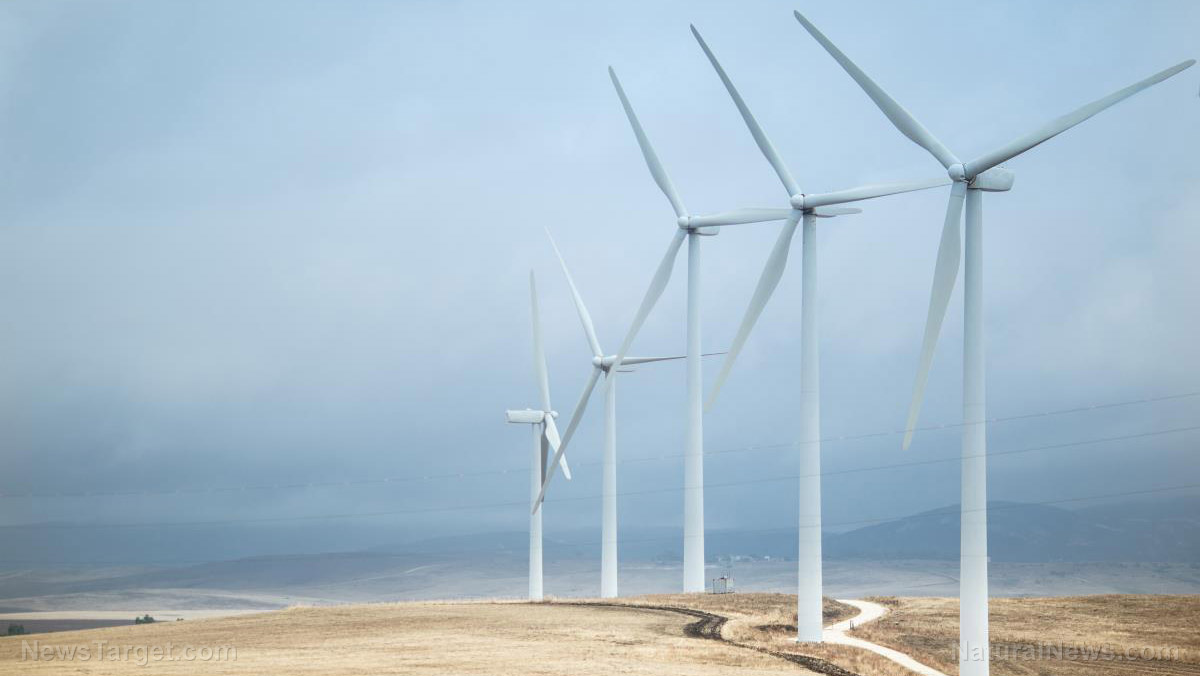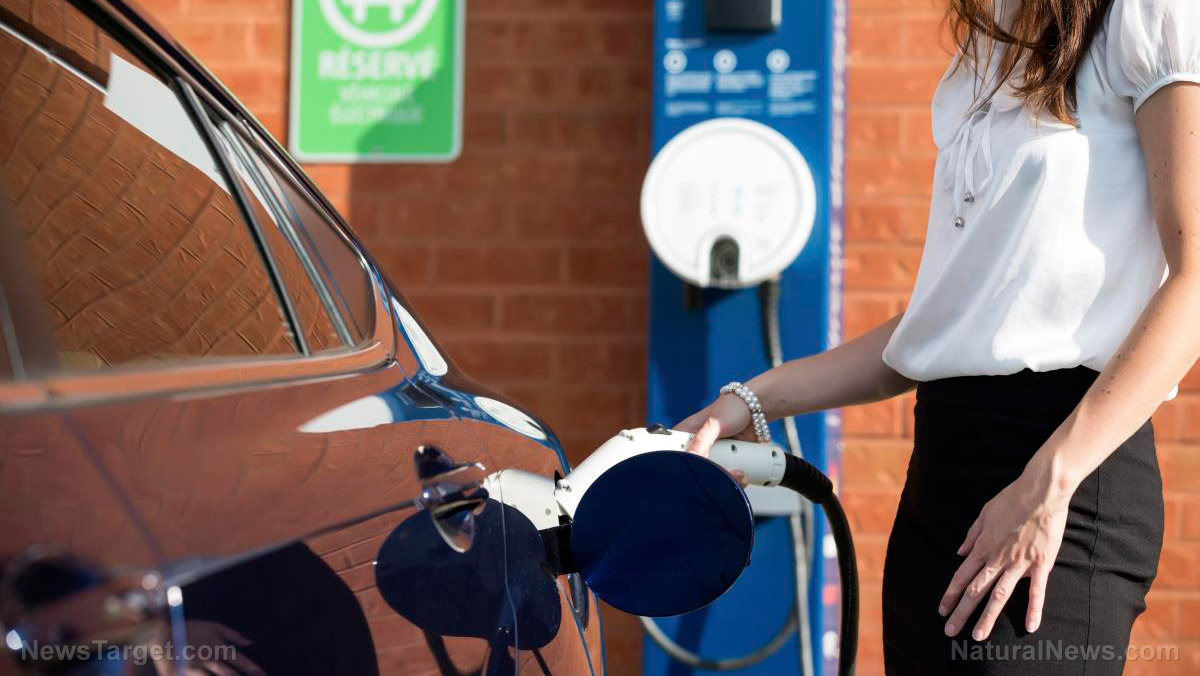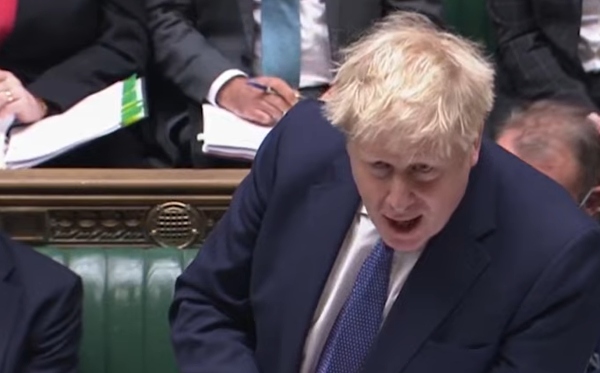Tesla takes steps to become a retail electricity provider in Texas
08/29/2021 / By Cassie B.
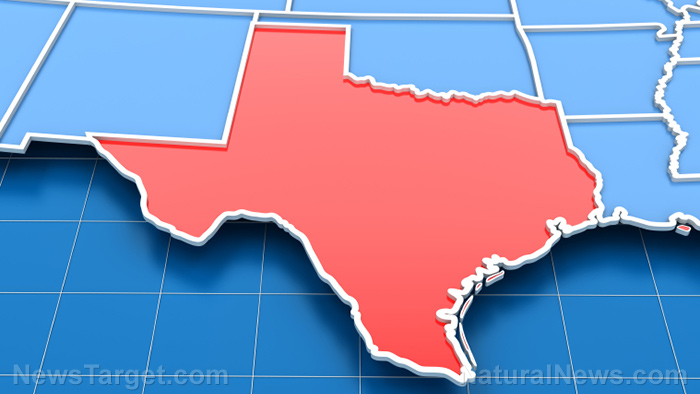
Tesla is reportedly taking steps to become a retail electricity provider in the state of Texas. The company has already applied for Option 1 Texas retail electric provider certification, according to Energy Choice Matters. The application indicates that Tesla plans to target existing customers who own Tesla products to market their retail offering through their website and mobile application.
This past winter, Texas and much of the South were hit hard by a winter storm that caused millions of people to spend significant time without power and water, and many claim that a big part of the problem was the state’s failure to properly winterize energy sources.
Tesla already offers retail electric plans in the UK and Australia, where their focus is on integrating home energy storage. They gained approval last year to serve as an electricity generator in the UK. According to Elon Musk, the company’s energy division, Tesla Energy, is poised to become a distributed global utility that may even outgrow its car business. Tesla has also formed a partnership with the UK’s Octopus Energy to provide special electricity rates to car owners.
The firm owns a license to trade electricity throughout Western Europe, which has fueled speculation that their future business may involve becoming an electric utility provider.
Last year, Tesla conducted a survey among German customers to determine their level of interest in using them as an energy provider. They are considering breaking into the German electricity market using a groundbreaking tariff, and they asked questions related to how customers could be persuaded to switch their electricity supplier. One of the potential answers respondents could select related to a supply contract that was linked to owning a PV rooftop, Tesla software and Tesla Powerwall.
Another question asked which products from Tesla that customers would consider purchasing, with options including the supply of clean electricity, solar panels, an EV charging point, home energy storage and access to a public EV charging network. They also asked potential energy clients if they would allow the company to control when their cars could charge, such as by timing charging to coincide with off-peak hours.
Tesla is already selling its solar panels and Powerwall battery storage systems for homes there, but now they want to sell directly to their customers and use home storage systems for supplying services to the grid.
Tesla’s interest in Texas has grown in recent years
In May, reports emerged of Tesla building a battery installation in Angleton, Texas, an hour south of Houston. The project, which has been described as “secretive,” appears to involve 20 large battery banks. It is believed to entail the use of lithium iron phosphate batteries that could last one or two decades and will be monitored remotely. The facility will reportedly not create any emissions and will be concealed by natural vegetation.
The system has been registered with the Electric Reliability Council of Texas, which is the state’s power grid operator, and it has the capacity for storing 100 megawatts of energy, which is enough to supply power to 20,000 homes on a hot day. The battery will charge from the grid when energy prices dip and then discharge on occasions where the electric system experiences a shortage of energy.
Tesla is currently building a car factory in Austin and owns a testing facility for its SpaceX efforts in McGregor, so its interests in the state’s energy supply don’t come as much of a surprise at a time when the current electricity options in Texas leave a lot to be desired.
Sources for this article include:
Submit a correction >>
Tagged Under:
electricity, electricity providers, Elon Musk, power grid, tesla, Texas, utilities, utility company
This article may contain statements that reflect the opinion of the author
RECENT NEWS & ARTICLES
PowerGrid.News is a fact-based public education website published by Power Grid News Features, LLC.
All content copyright © 2018 by Power Grid News Features, LLC.
Contact Us with Tips or Corrections
All trademarks, registered trademarks and servicemarks mentioned on this site are the property of their respective owners.






